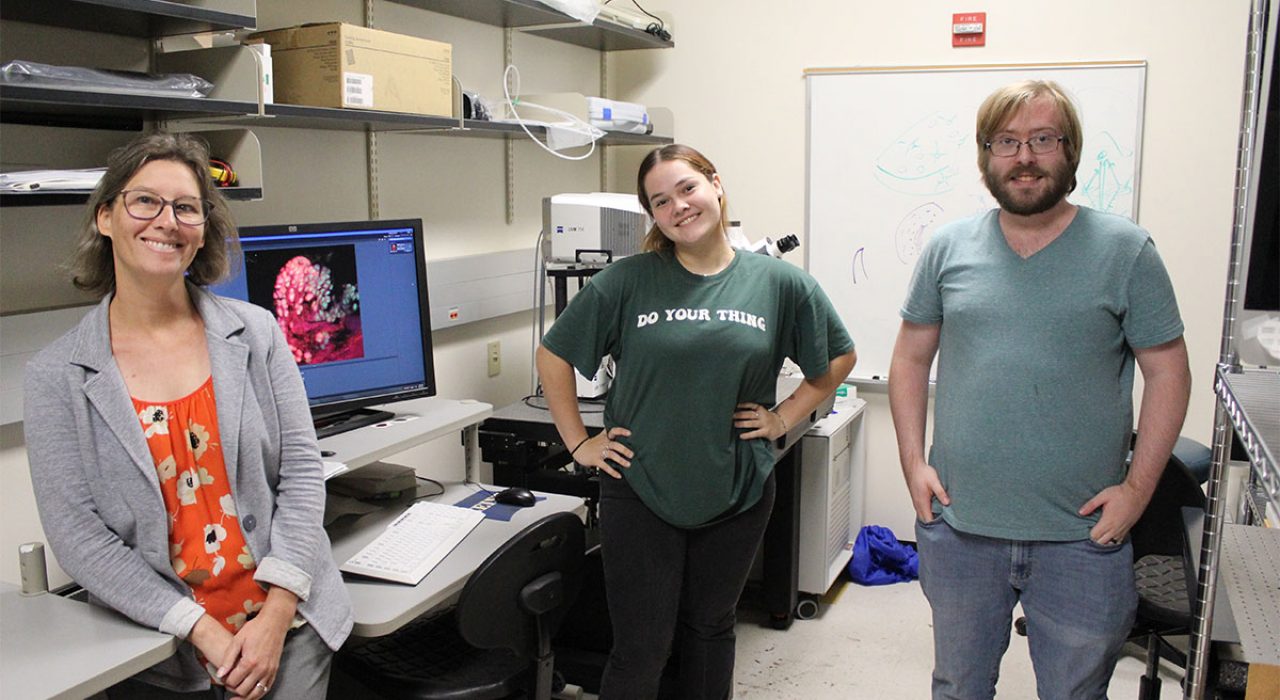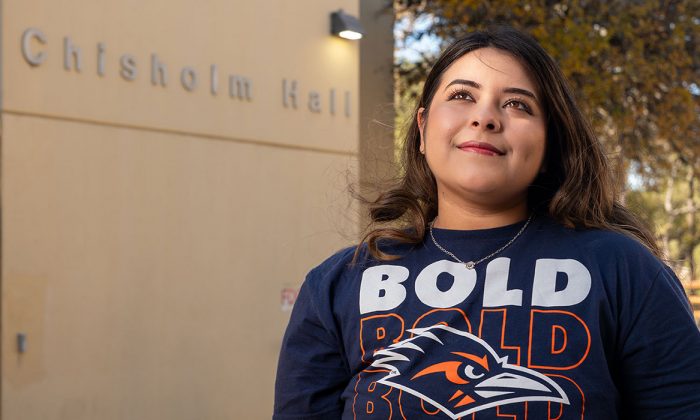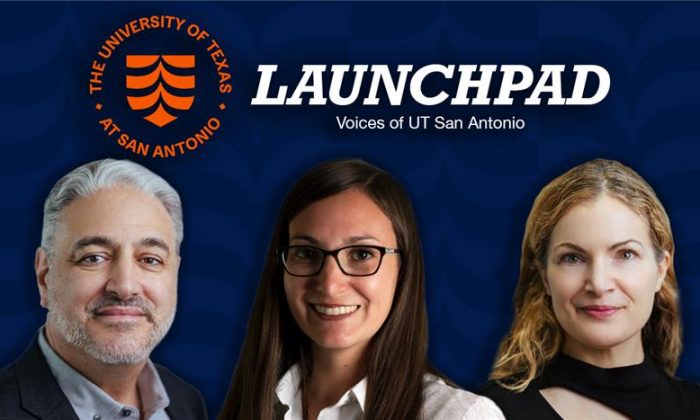This summer, we’re shining a light on Roadrunner researchers and the innovative work they are doing in labs across campus and beyond.
Today, we explore a UTSA lab where taste is the topic of the day.
JULY 15, 2025 — Students working at The Macpherson Lab this summer are gaining firsthand research experience while trying to uncover the causes behind loss of taste during chemotherapy treatment.
Working under the supervision of Associate Professor Lindsey Macpherson and doctoral student Ryan Wood , the students aim to demystify this phenomenon and bring the medical community one step closer to helping chemotherapy patients eat and maintain proper nutrition throughout their treatment.
Loss of taste is a common side effect of chemotherapy, which often leads to loss of appetite and weight loss. The American Cancer Society describes the problem as manifesting in several ways — from a lack of smell and aversion to certain odors to a metallic or bitter taste accompanying some foods — all of which can lead to undereating, weight loss and delayed healing.
When patients are treated with chemotherapy drugs, it causes inflammation in the tongue and that leads to a lot of taste loss, said Victoria Valtr , an intern working in the lab.
“We’re looking at how we can combat that,” Valtr said. “We want to understand how inflammation is changing [their sense of taste] and we want to find a workaround to get these chemotherapy patients to have all their taste buds restored, to be able to taste food again and to improve their quality of life.”
That is the ultimate goal of the project, she said. “But it starts on the molecular level, trying to understand the root cause of it.”
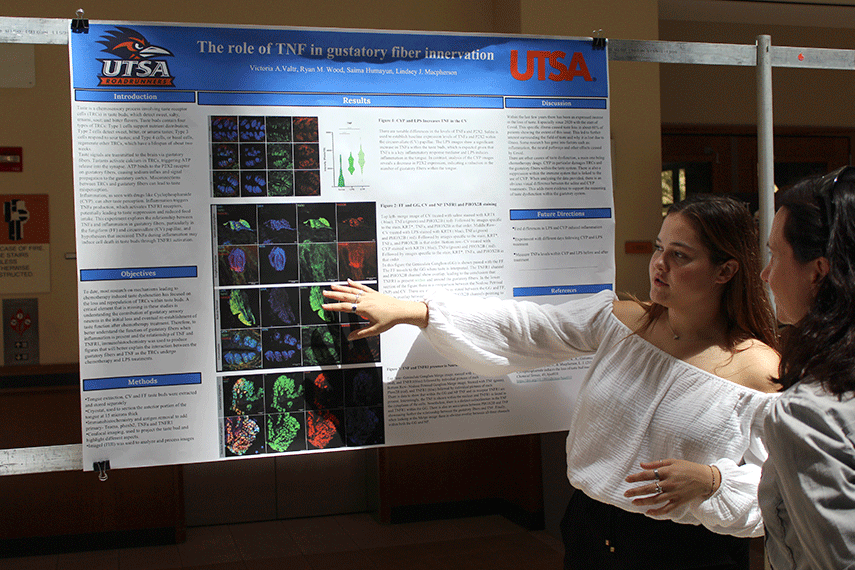
Valtr is a biochemistry student at Louisiana State University who began working in the Macpherson Lab in 2024 in the Prefreshman Research Experience (NPRE) program.
Housed in the UTSA College of Sciences, the NPRE program is designed to give recent high school graduates an opportunity to experience hands-on research on campus which serves as a prelude to their undergraduate studies.
Valtr’s first project focused on the molecular mechanisms behind loss of taste and how inflammation reduced the ability to taste through changes in a protein known as TNFα and its receptor, TNFR1.
This summer, Valtr is shifting her focus to oxidative stress as a contributing factor to taste loss and looking at more than just the tongue. Oxidative stress is a type of damage that can occur in both cancerous and healthy tissue during chemotherapy.
“This time, we’re looking at the kidney, the liver and the brain to see the extent of oxidative stress and to try to understand how that may affect taste,” she said.
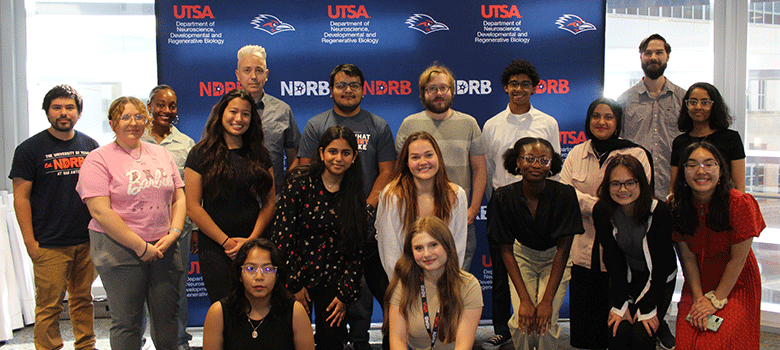
Valtr described the NPRE program as instrumental in boosting her confidence and preparedness for her first year of college.
“The first couple of weeks being in the lab, I had that imposter syndrome, feeling like I’m in a place where all of these people are way smarter than me,” she said. “But once you get out of your shell, it gets easier to say, ‘OK, if I want to become an expert on this topic, I can read a couple papers and start to understand.’ It becomes less intimidating.”
Valtr will continue her work in The Macpherson Lab until late August when she will return to her home university. She hopes to return to the lab in future summers as she builds toward a career in biochemical research.
